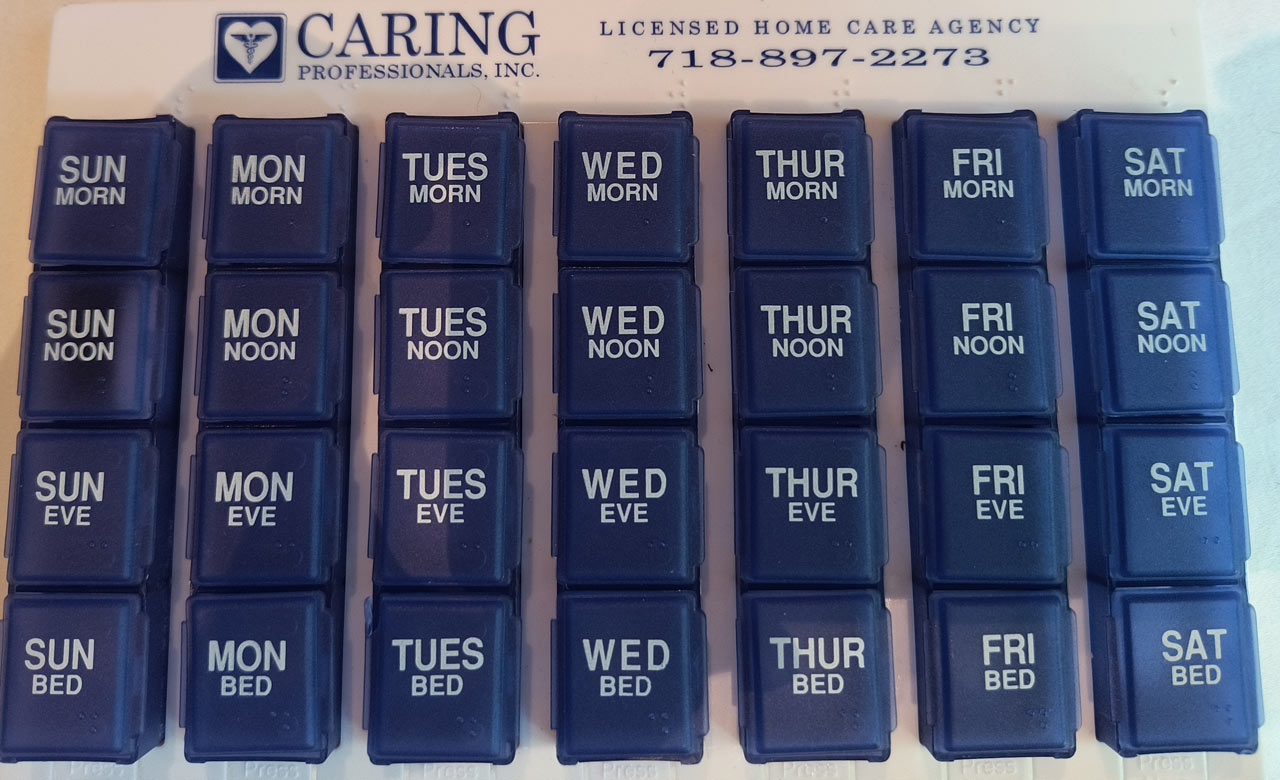Since when is adulting a term? Is it a verb or a noun? Does it mean what I think it means?
The answer to these questions is grounded in social media of about ten years ago. Yes, the young people coined this new word for acting like an adult. At least they were self-aware and now this noun is used for the actions of responsible adulthood.
Yup, paying rent, paying taxes, paying your own way, balancing bank account, creating a budget, saving money, putting money in retirement plans, and all those tasks. From tending to a leak to making your Amazon returns, it’s about being a responsible person. It’s all those jobs and tasks that are part of life but take up a big chunk of it. Chores. Many are administrative. Some are filial. Some are civic. Some are financial. Some are connected to professional life like communication and timeliness. Some are related to household and health management.
What is the same about all of them is that they are not fun for most people. They are seen as burdensome but necessary.
I find it interesting that the word adulting, although a noun, is like a verb. It’s a state of being, a process, perhaps. It implies a transition to a less desirable state. It’s not a natural progression. And that’s the truth. Millennials want to go back to their irresponsible youth, it seems. They coined the term and use it widely to depict the necessary evil.
I prefer my friend Merri Ukraincik’s phrase: the business of paperwork, that defining, exhausting task of adulthood. It’s a better depiction of what is involved than the immature word adulting.
I’m bringing this subject because we are not millennials. We already became adults long ago. We do our taxes. We pay our bills. We make our loan payments. We vote. We do what we need to do. Unless we have executive function disorders, we get them done.
We mastered the discipline it takes to perform these functions. It may be news to twenty-somethings but it’s not news to us. We’ve gotten used to doing them and although we don’t love doing these things, we check them off our lists regularly.
When we reach middle age, we have more of these adult tasks to get done. We must plan for retirement, financially and more. We must take care of our wills and estates. Often, we must take on caregiving and finances for our elders on top of our own affairs. Those are big tasks that involve bank accounts, assets, power of attorney, burial plot purchase, health care proxies, trusts, and estates. When you want to deal with your own and your parents’ long term care planning, it’s not only double the work but there is so much that is new that you must understand, master, and accomplish.
It’s like another adulting. A whole new set of tasks and responsibilities to deal with. And they have very serious implications. Tax implications, end of life decisions, quality of life matters, and costs of long-term care to name a few. The business of aging, dying, and postmortem tasks are huge.
Is there anything good to say to a midlife caregiver about all of this? Not much.
If your parents were responsible about much of this, your life is somewhat easier. But you still have to do it for yourself. And you can’t outsource it. It’s not like you can delegate these big matters to a geriatric care manager like you can do with routine medical appointments, grocery ordering, paperwork, and Medicare renewals. So, you may have only your own needs to deal with. But you may need to review and update your mother’s will, executor, and finances.
If your mother did not deal with these chores, you can learn for yourself as well as her at the same time. You might even save some money with the elder care attorney and estate planning as you immerse yourself in Medicaid planning, preserving assets, and setting up trusts. You learn a lot and you need a lot of repetition and support to get you through it. But once you get the five main documents in order, plan for caregiving costs (long term care insurance, Medicaid long term care, or private pay), and put the signed documents in a safe place, the worst is over.
You will still need to renew policies and coverage. You will need to stay on top of finances and limits. But that’s maintenance. It’s still less than setting everything up for Mama and yourself. Validate the effort. Congratulate yourself on achieving the milestones as you go. You might want to celebrate the accomplishments with some treats even though it seems juvenile. You are a responsible adult, of course. I believe in giving credit where credit is due. And you are due a lot of credit. You’ve done a lot of hard new adulting work. Good for you and yours.
More articles on growing old and retirement from Caring Professionals Home Care Agency.






